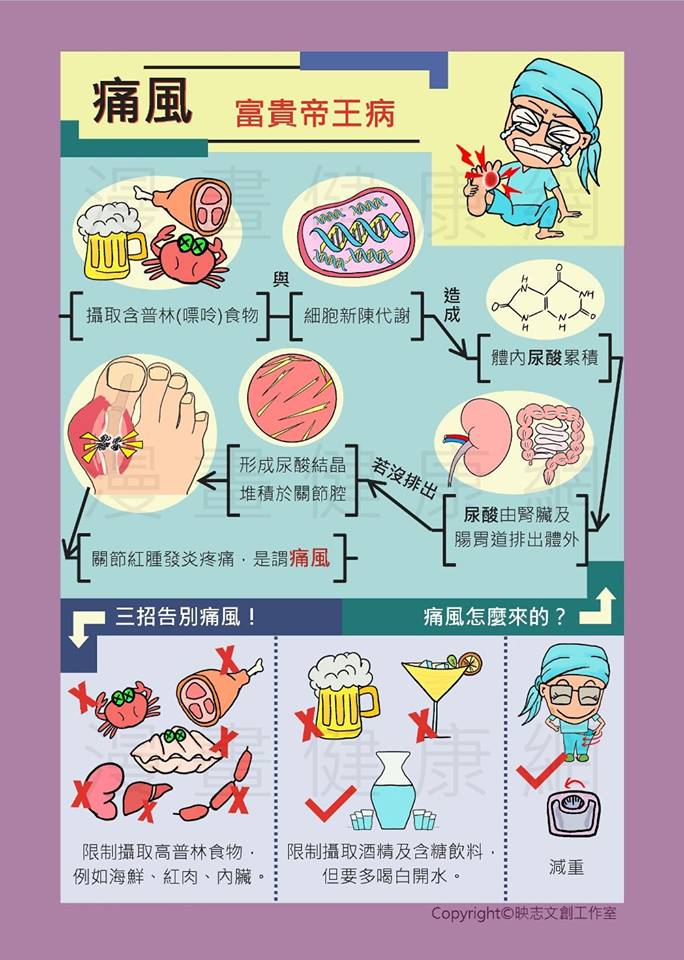
We’ve all heard about how important protein is for our health. Not only does it help our bodies recover from wounds and injuries, it also boosts energy and keeps us feeling full.
But for those following a plant-based or vegetarian diet, sometimes extra effort can be required to make sure your body is getting enough of this vital nutrient.
Nutritionist Cassandra Barns said: “It is particularly important to make sure you’re getting enough protein. Protein is not only important for muscles, it has many fundamental roles, including for our immune system, for making hormones, and for making haemoglobin that carries oxygen around our body.”
But how do we know we’re getting enough protein? Here are five things you need to look out for.
1. Hair loss
Barns said: “You might see more hairs coming out when you shower, or just feel that your hair is getting thinner – most likely all over the head rather than in patches or just at the hairline.
“Hair is made up primarily of protein – especially a protein called keratin. But hair is also the least important protein structure in the body, and so when protein intake is low, it is allocated instead to more important functions, such as keeping our immune system active.”
That’s why hair loss may be one of the first signs of low protein intake, although Barns added there are other reasons – such as iron deficiency – that could cause hair to fall out.
“It’s wise to see your doctor to determine the cause,” she said.
2. An injury takes longer than expected to heal
When the body tries to heal a wound, it creates stress hormones and diverts extra resources – including carbohydrates, fats and proteins – to create new tissue.
If this process takes longer than it should, your body compensates by sending additional protein to deal with the wound and, in the process, deprives other organs of the vital nutrient – leaving the body protein-deficient.
Barns said: “Healing is another vital function of protein. If you’re taking longer than expected to heal from an injury – whether it’s a cut, a bruise, a sprain, or something more serious – then lack of protein could be a reason.”
3. Low mood or depression
Barns said: “Protein is broken down into amino acids, which are then used to make many vital substances, including neurotransmitters.
“These natural chemicals are crucial for our brain and nervous system, and some also have a direct effect on our mood.
“One example is the well-known feel-good chemical serotonin, which is made from the amino acid tryptophan.
“So, if you don’t get enough protein, your production of serotonin may be reduced, contributing to your low mood.”
4. Weakened immune system
One of the important functions of protein is to maintain a strong immune system.
Barns said: “Protein is used to keep the physical barriers in our body, such as the skin and the mucous membranes, intact in order to keep germs out.
“It is also used to make antibodies and other immune chemicals that help to fight against invaders and regulate our immune response.
“So, if you’re coming down with lots of colds or seem susceptible to infections, low protein intake could be a cause.”
However, Barns also pointed out there can be many other reasons that could weaken the immune system, such as a deficiency in vitamin D or zinc.
5. Swollen ankles
One of the signs of protein deficiency is swelling or oedema, such as swollen ankles.
“This happens because proteins in our blood are also responsible for keeping enough fluid in the blood vessels – and helping fluid to be drawn back into the blood vessels from the tissues,” Barns said.
“So when protein drops below a certain level, fluid isn’t drawn back into the blood vessels efficiently. Instead, it stays in the tissues, causing swelling, especially in the lower legs, ankles and feet.”
If you have increased your protein intake but are still struggling with swollen legs, Barns suggested to visit a GP, who may prescribe you a compression hosiery.



